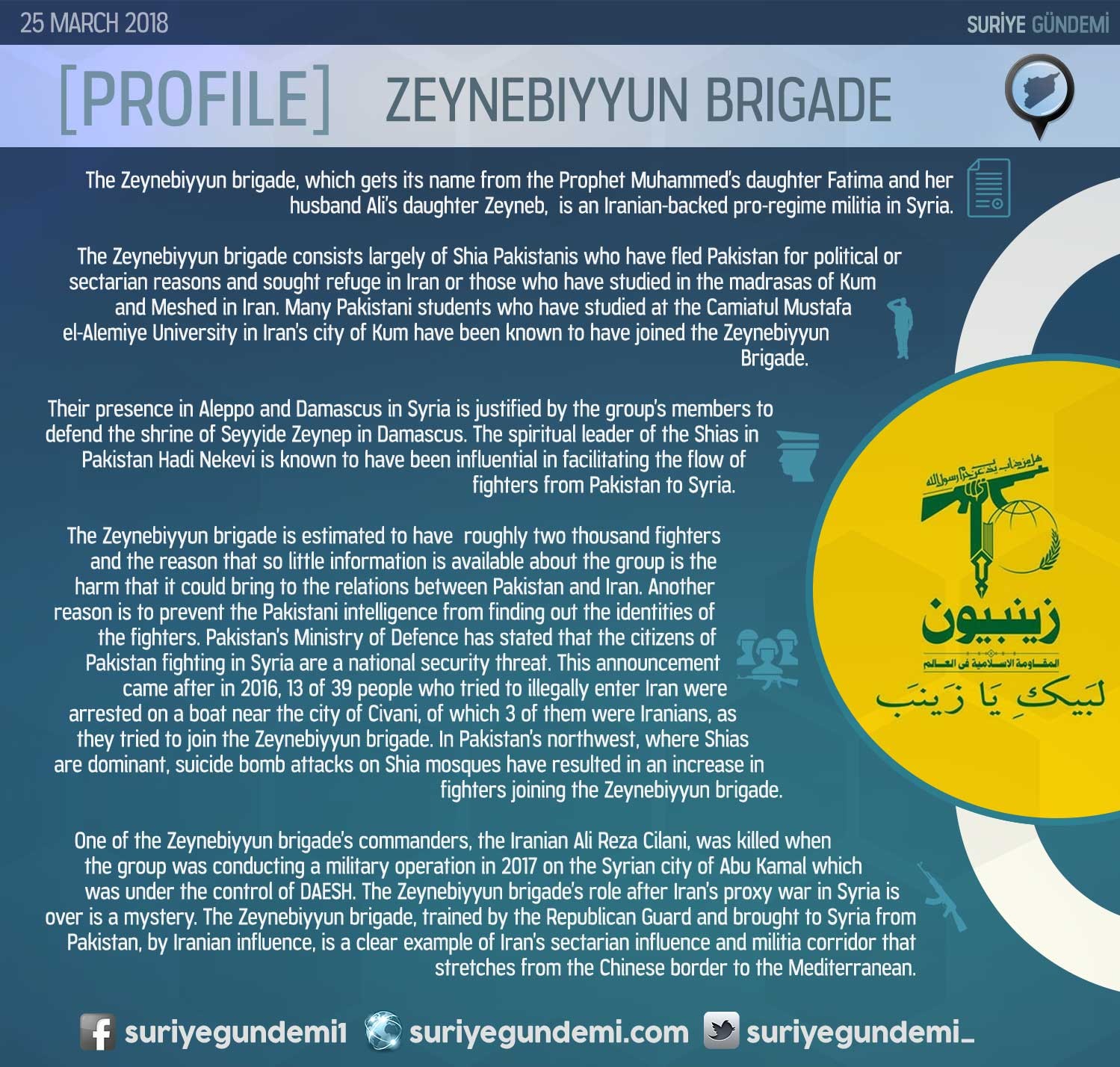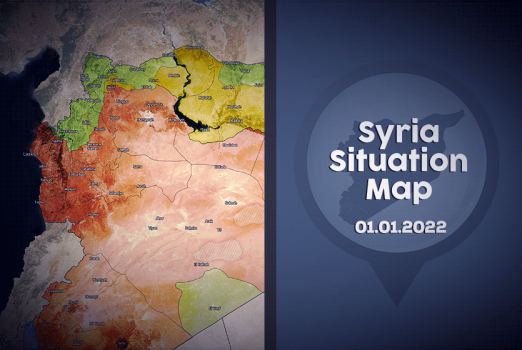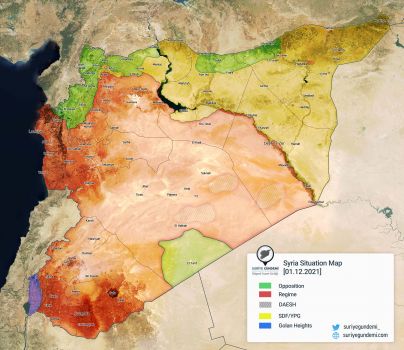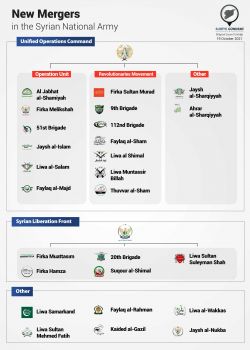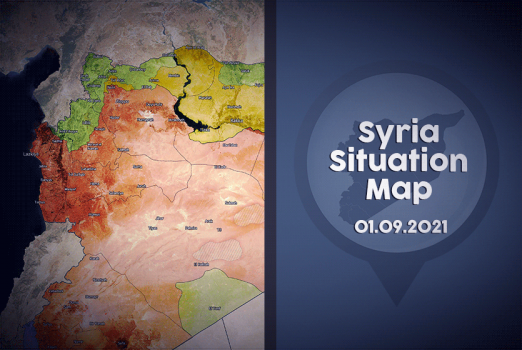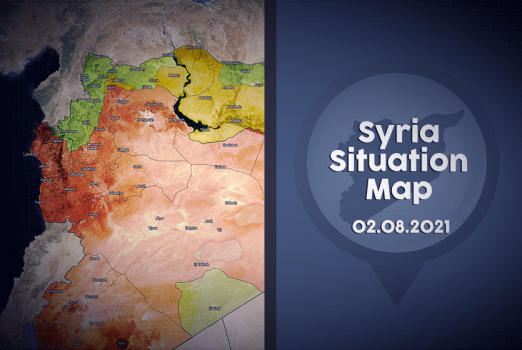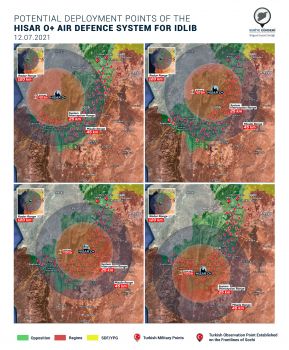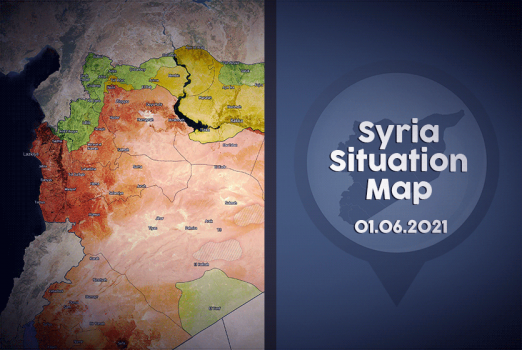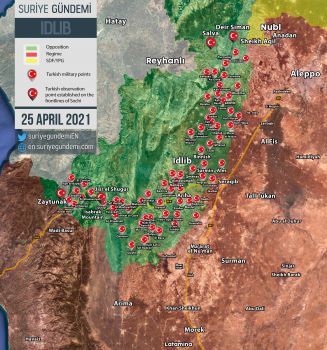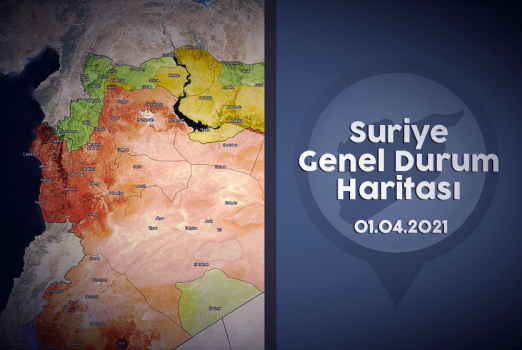Zeynebiyyun Brigade
The Zeynebiyyun brigade, which gets its name from the Prophet Muhammed’s daughter Fatima and her husband Ali’s daughter Zeyneb, is an Iranian-backed pro-regime militia in Syria.
The Zeynebiyyun brigade consists largely of Shia Pakistanis who have fled Pakistan for political or sectarian reasons and sought refuge in Iran or those who have studied in the madrasas of Kum and Meshed in Iran. Many Pakistani students who have studied at the Camiatul Mustafa el-Alemiye University in Iran’s city of Kum have been known to have joined the Zeynebiyyun Brigade.
Their presence in Aleppo and Damascus in Syria is justified by the group’s members to defend the shrine of Seyyide Zeynep in Damascus. The spiritual leader of the Shias in Pakistan Hadi Nekevi is known to have been influential in facilitating the flow of fighters from Pakistan to Syria.
The Zeynebiyyun brigade is estimated to have roughly two thousand fighters and the reason that so little information is available about the group is the harm that it could bring to the relations between Pakistan and Iran. Another reason is to prevent the Pakistani intelligence from finding out the identities of the fighters. Pakistan’s Ministry of Defence has stated that the citizens of Pakistan fighting in Syria are a national security threat. This announcement came after in 2016, 13 of 39 people who tried to illegally enter Iran were arrested on a boat near the city of Civani, of which 3 of them were Iranians, as they tried to join the Zeynebiyyun brigade. In Pakistan’s northwest, where Shias are dominant, suicide bomb attacks on Shia mosques have resulted in an increase in fighters joining the Zeynebiyyun brigade.
One of the Zeynebiyyun brigade’s commanders, the Iranian Ali Reza Cilani, was killed when the group was conducting a military operation in 2017 on the Syrian city of Abu Kamal which was under the control of DAESH. The Zeynebiyyun brigade’s role after Iran’s proxy war in Syria is over is a mystery. The Zeynebiyyun brigade, trained by the Republican Guard and brought to Syria from Pakistan, by Iranian influence, is a clear example of Iran’s sectarian influence and militia corridor that stretches from the Chinese border to the Mediterranean.

